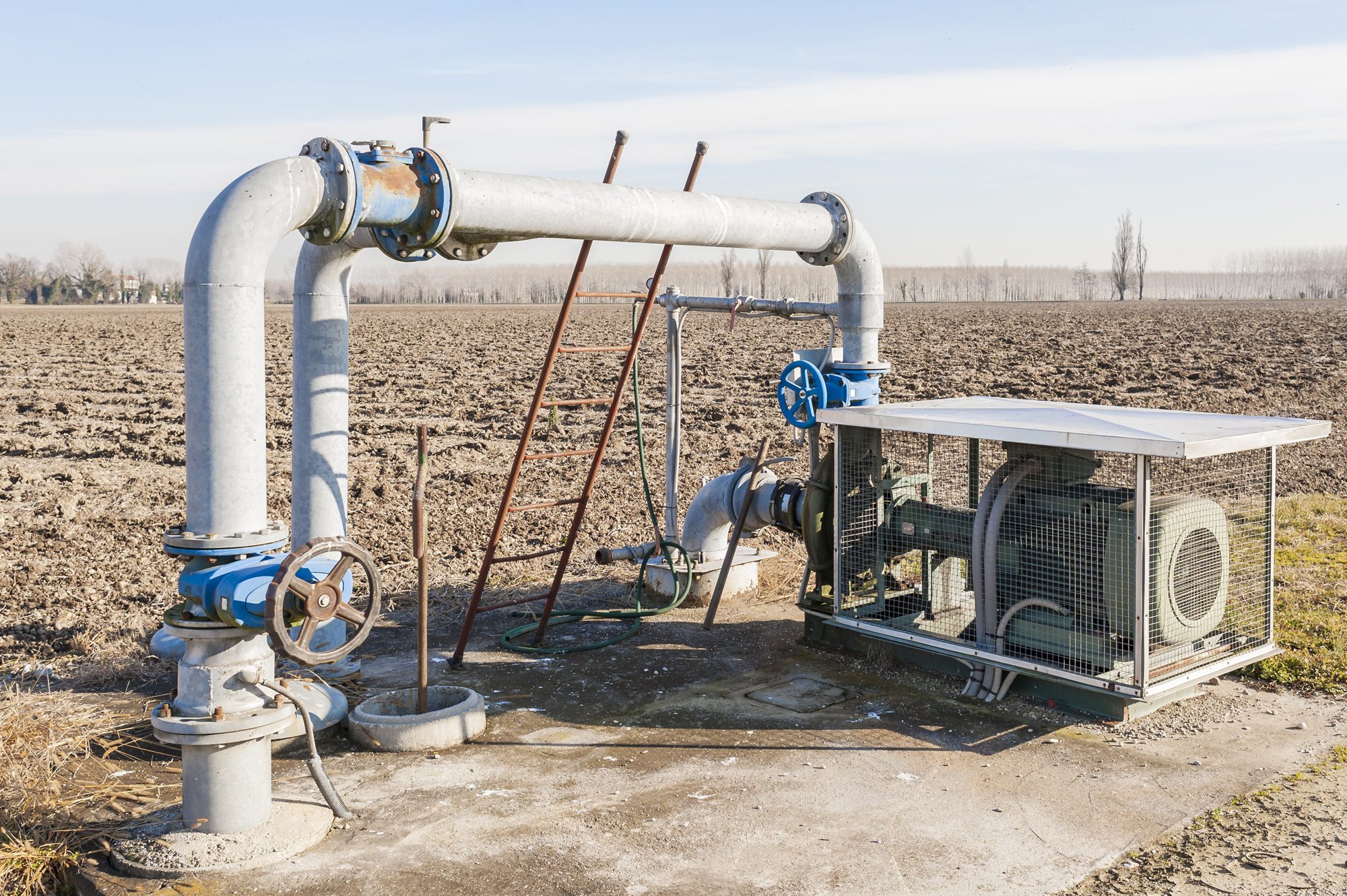- Western aquifers are running dry as farmers turn to groundwater.
- A University of New Mexico law professor proposes four key reforms.
- Stronger, statewide regulation is needed to replace patchwork systems.
- Metering and eliminating exempt wells could prevent future crises.
Tuesday, June 24, 2024 — As groundwater levels drop across the Western United States, legal experts are sounding the alarm. University of New Mexico water law professor Warigia Bowman is recommending urgent reforms to protect groundwater resources, especially in light of increased pumping due to ongoing drought and reduced river flows.
is recommending urgent reforms to protect groundwater resources, especially in light of increased pumping due to ongoing drought and reduced river flows.
“We either make changes, or we run out of water,” said Bowman, describing the next 50 years as a pivotal window for action. Bowman believes that while the situation is dire, it remains fixable if states move swiftly on policy and legal reforms.
In her recent article, Surviving the Megadrought , published in the Ohio State University Law Journal, Bowman proposes four regulatory steps that states could take to preserve vital aquifers:
, published in the Ohio State University Law Journal, Bowman proposes four regulatory steps that states could take to preserve vital aquifers:
1. Clarify the Definition of Safe Yield.
Bowman highlights that “safe yield” — the amount of water that can be sustainably withdrawn from an aquifer — is often poorly defined and varies across states. She argues that including a timeframe and frequent monitoring in its definition would help water managers avoid long-term damage. “A year, five years, 10 years?” she asks. Setting measurable conservation goals tied to aquifer levels would improve oversight.
2. Require Permits and Meters for All Wells.
Current laws in many Western states exempt domestic and livestock wells from permits or metering requirements unless they are located in designated critical zones. Bowman sees this as a dangerous loophole. “It’s possible someone could have one of these wells and use far more water than the Office of the State Engineer allows,” she noted, adding that the lack of meters makes enforcement impossible.
3. Provide Incentives — or Mandates — for Metering.
Bowman advocates for universal groundwater metering. While she acknowledges that some farmers resist the idea, she points out that knowing usage data is critical for long-term water planning. She recommends financial incentives such as tax breaks or equipment loans to encourage voluntary compliance, while noting that mandatory metering may ultimately be necessary.
4. Strengthen and Standardize State Regulation.
Rather than relying on local voluntary rules, Bowman calls for comprehensive statewide regulation. She urges Western states to harmonize their laws, especially since many aquifers cross political boundaries. “We need consistent control throughout the entire state,” she said.
Bowman views New Mexico’s prior appropriation system as relatively strong, awarding the state an A-minus for its water laws. She praised its clear permitting structure and nearly universal metering for new wells. However, she also encourages New Mexico and other states to study more restrictive measures being used in Utah.
While acknowledging that some of her proposed solutions may be unpopular, Bowman stresses their necessity. Cropping patterns may need to shift, she suggests, noting that traditional yellow corn may not be suitable for arid regions like New Mexico. “A lot of land in the western United States maybe shouldn’t be farmed,” she said.
As aquifers shrink and surface water becomes increasingly unreliable, Bowman’s message is clear: legal reform must keep pace with environmental change.
Source:
Alexa Skonieski, “Research recommends several legal reforms to preserve groundwater in southwest,” University of New Mexico Newsroom, June 23, 2025. https://news.unm.edu/news/releases-20250618


Wow. Do you have some links and we’ll dig into this further? Thanks for your post, Harold.